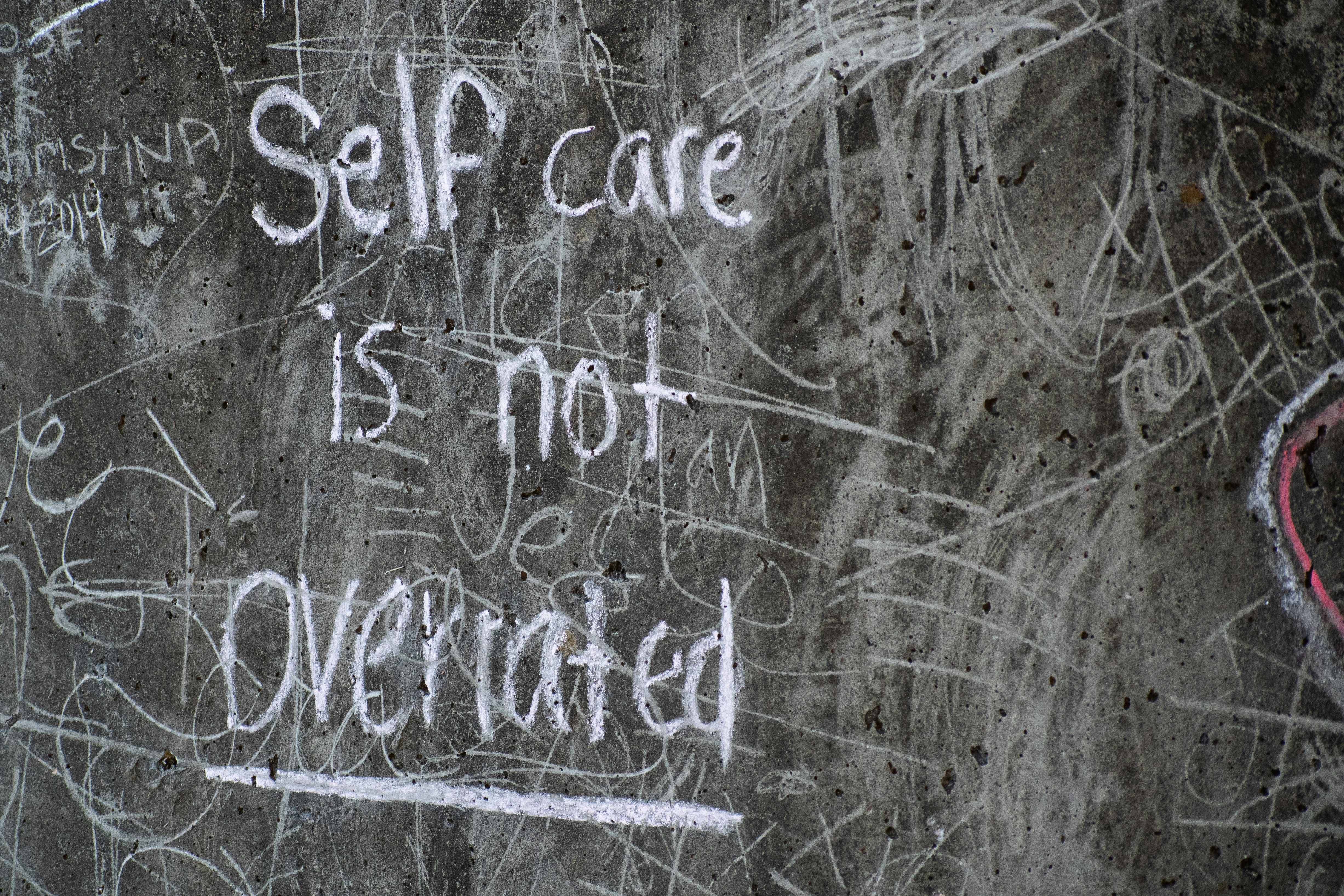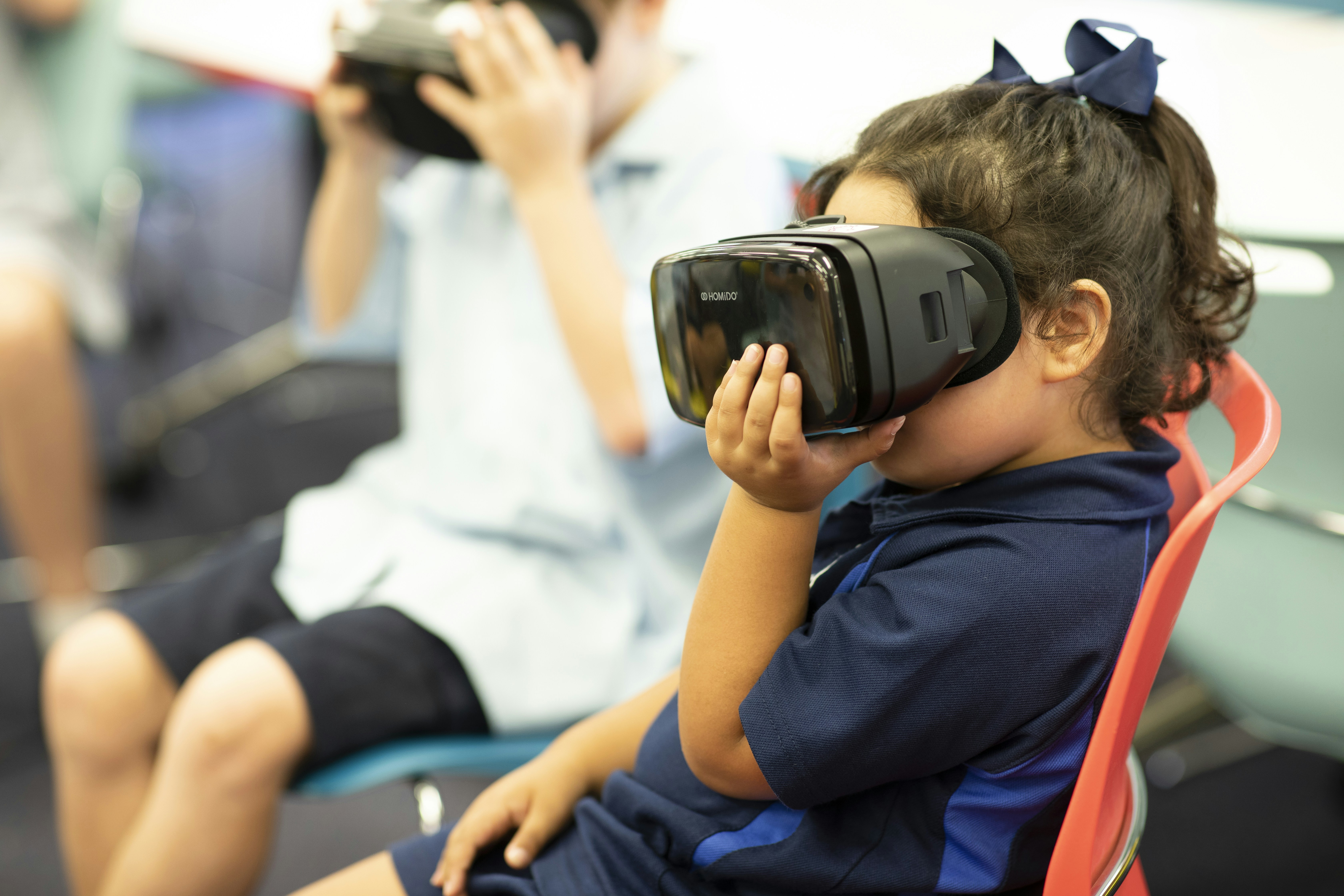Cultivating Digital Mindfulness for a Better Online Learning Experience
In the fast-paced world of online learning, where distractions lurk at every corner, cultivating digital mindfulness has never been more important. How can students enhance their focus and well-being amidst constant notifications and the allure of social media? This article delves deep into practical strategies that not only elevate concentration but also promote overall well-being in virtual educational environments.
The Digital Learning Landscape: A Double-Edged Sword
Online courses have revolutionized education, opening doors to vast information and diverse learning opportunities. However, this digital shift also introduces unique challenges: distractions are rampant, and the absence of face-to-face interaction can lead to feelings of isolation and disengagement. To navigate this complex landscape, mental clarity and emotional resilience are essential.
Digital mindfulness offers a way to balance the advantages of technology with the need for focus and emotional stability. By practicing presence and awareness, learners can optimize their online experience and thrive academically and personally.
Understanding Digital Mindfulness
At its core, digital mindfulness involves a conscious approach to navigating the online world. This practice encourages individuals to be fully present during their learning experiences, fostering a deeper connection with the material and improving retention and understanding. According to a study published in the Journal of Educational Psychology, students who implemented mindfulness techniques demonstrated significantly better focus and academic performance compared to their peers.
Changing our interactions with technology may take time, but it’s possible to cultivate an environment conducive to focus and learning. Here are key strategies to enhance your digital mindfulness during online courses.
1. Establish a Distraction-Free Environment
Creating a dedicated learning space is an excellent starting point. Choose a quiet area where you can control distractions. Equip this space with everything you need for your studies, such as textbooks, notes, and a computer—eliminating the extra temptation to scroll social media or check notifications.
2. Set Intentional Learning Goals
Before commencing an online module, take a moment to clarify your objectives. Ask yourself what you aim to achieve in each session. For instance, instead of aiming merely to "finish" a course, focus on absorbing a specific concept or skill. This approach channels your energy toward meaningful progress, enhancing engagement and motivation.
3. Utilize Mindfulness Techniques
Incorporating mindfulness techniques into your learning routine can create transformative results. Techniques might include:
- Focused Breathing: Before diving into your course, spend a few minutes practicing deep, intentional breathing. This practice can help clear your mind and center your focus.
- Meditation Sessions: Short, guided meditations can break the monotony of study sessions, providing mental clarity. Apps like Headspace or Calm offer tailored meditation sequences specifically for students.
- Mindful Breaks: Schedule short breaks between study periods to step away from your screen and engage in a quick physical or sensory activity—such as stretching or savoring a snack. This practice helps reset your focus and promotes well-being.
4. Embrace Scheduled Screen Time
It's easy to lose track of time when immersed in online learning. By scheduling your learning sessions and breaks, you can enhance awareness of how you're spending your digital time. Aim for a balance between focused learning and revitalizing breaks. The Pomodoro technique, which involves studying for 25 minutes followed by a 5-minute break, is an effective strategy that keeps your mind engaged while allowing for resets.
5. Leverage Technology Mindfully
While technology can sometimes distract, it also offers tools that promote focus. Use applications like Forest, which rewards you for staying off your phone by allowing a tree to grow while you study. Additionally, consider using website blockers during study times to limit access to distracting sites.
Explorative learning courses are particularly effective in this context, as they encourage deep engagement with material that resonates with one’s interests.
6. Foster Community Connections
Online education can lead to feelings of isolation. Engaging with fellow students through discussion boards and group chats can combat this. Engaging in peer learning not only creates social connections but also enhances understanding through collaborative discussions and shared insights. As noted by Harvard Business Review, social interaction is a fundamental part of learning, providing opportunities for feedback and varied perspectives.
7. Prioritize Self-Care
Lastly, prioritizing your mental health is essential. Recognize that the pressure to perform well in online courses can sometimes lead to burnout. Make it a priority to balance your academic pursuits with activities that rejuvenate and inspire you. Whether it’s gardening, painting, or simply taking a leisurely walk, ensure you engage in activities that enrich your daily life.
Moving Forward: Embracing a Mindful Learning Journey
Digital mindfulness is more than just a temporary fix; it’s a sustainable practice that can transform your online learning experience. As you cultivate these strategies, remember that progress is gradual. Being kind to yourself is paramount during this journey.
Final Thoughts: The New Frontier of Learning
As we continue to explore innovative educational methodologies, understanding the importance of mindfulness in the digital realm can serve as a powerful asset. Whether you are enrolled in an introductory course or pursuing advanced studies, nurturing your focus and well-being can significantly impact your success.
As the world of online learning evolves, remember to trust your instincts, engage meaningfully with the material, and prioritize your mental health. Together, we can cultivate a more mindful learning experience that is both enriching and effective.
For more on enhancing your online learning experience, feel free to explore articles related to social learning dynamics and emotional intelligence in the digital classroom, such as “AI-driven emotional intelligence in online education” and “Transform collaborative online learning through virtual dynamics”.












